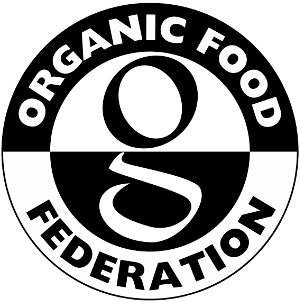
Brexit – wow! The gift that keeps on giving…
Here at Bray, 2020 was a year of change, to say the least. From a global pandemic breaking new records, to Brexit trade agreements only finalised on Christmas Eve, it’s not been a quiet one.
Over the next two blogs, we’re covering the impact Brexit has had on us, from the general industry impact to our shipping and goods in and out teams.
A BRIEF BRAY TIMELINE
On Christmas Eve 2020, the UK and EU agreed on a tariff-free trade deal, meaning that the flow of goods would not incur import duties, assuming they meet the ‘Rules of Origin’ conditions (manufactured in the UK, not just shipped from the UK).
The first two weeks of this year have been very challenging, to say the least. With the agreement being signed on 24th December, followed by the Christmas break, we had the three days in between to coincide with courier requirements and it’s been very painful. Coupled with the French President closing the border just before Christmas due to the latest COVID outbreak!
Even in the last few days, change is on the way as the UK is looking to join the Comprehensive and Progressive Agreement for Trans-Pacific Partnership (CPTPP). If the deal goes ahead, along with a ‘backdoor’ deal with the US, the trade group would then account for more than 40% of global GDP, giving it considerable heft.
We have until April 1st to ensure all the right paperwork is filed for every import to the UK, and from July 1st full checks and controls are due to begin.
LOGISTICALLY THINKING
Brexit is possibly one of the biggest trade changes of the decade. The world before the UK joined the EU was a very different one. We now have to think about the transfer of data and technology, both the good and the bad, along with the increase in product demand from outside the UK.
Even within the UK, there have been some logistical problems. Due to Northern Ireland retaining many EU rules, certain food items saw delivery delays. Amazon stopped alcohol deliveries to Northern Ireland, and John Lewis suspended all its deliveries to customers there.
IMPACT ON SMES
Samantha Cameron, the owner of fashion brand Cefinn and wife of David Cameron, spoke to BBC Radio 4 about the struggles of trading as an SME in the EU.
“It is the smaller businesses [affected] because we can’t afford to have warehouses in Europe and that sort of thing. And I’m sure there are ways of sorting it out.
“It does need to be looked at because otherwise we can’t grow our business [and] if we can’t grow our business, it is frustrating.
“Unless some of the expense and cost of doing that is looked at, it will be challenging.”
In a survey of 900 small and medium-sized companies conducted by global freight marketplace Freightos, 77 per cent reported experiencing supply chain difficulties in the past six months. Large multinational companies who already had EU warehouses and factories will face less disruption and also have the financial backing and capital to navigate the changes over the next few months.






We integrate with a number of different systems.
Get in touch to find out how we can help.